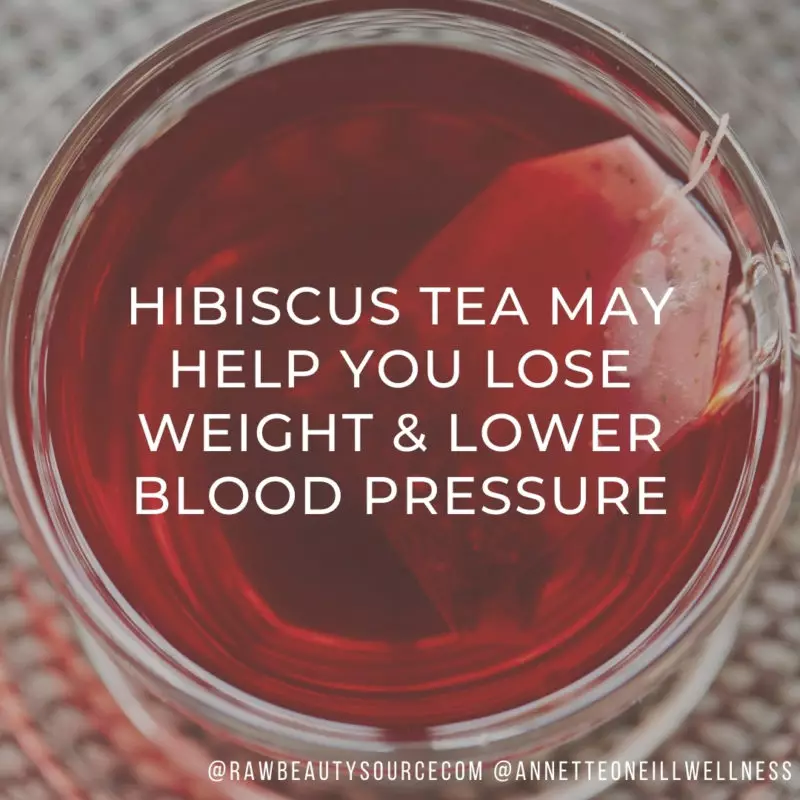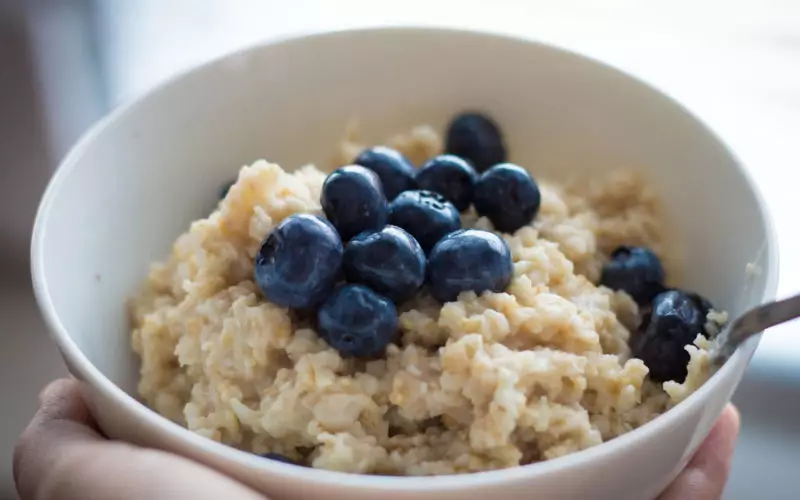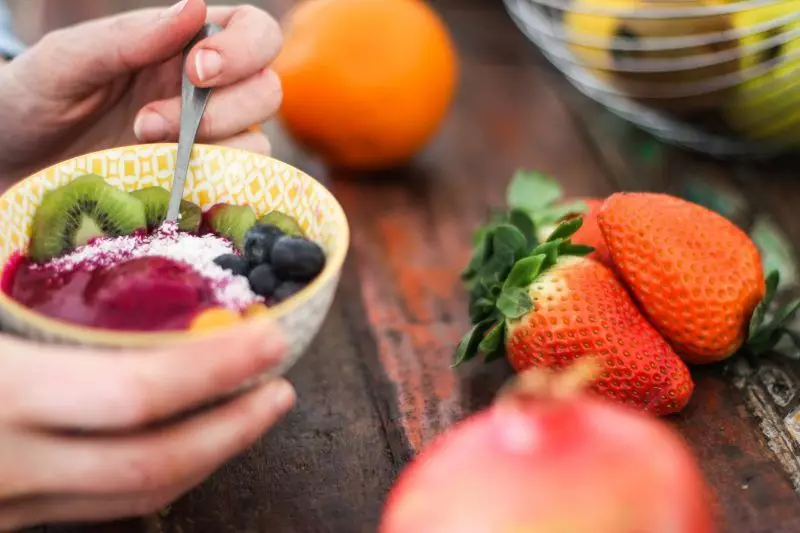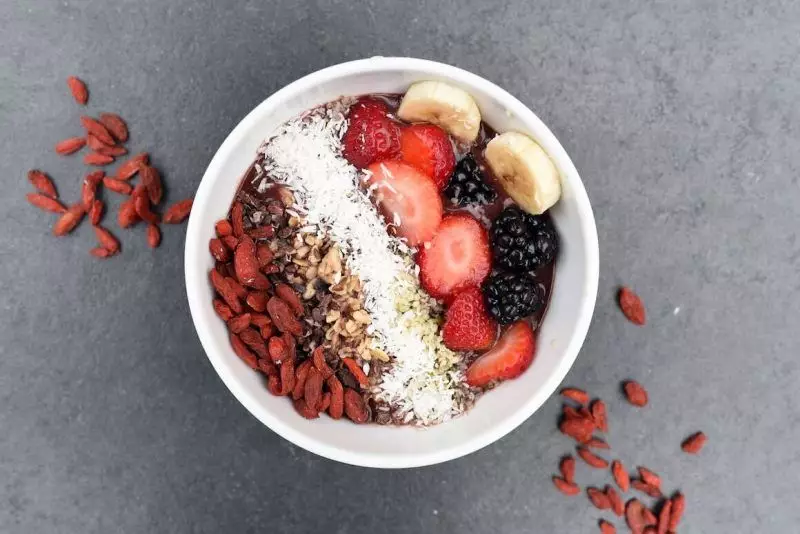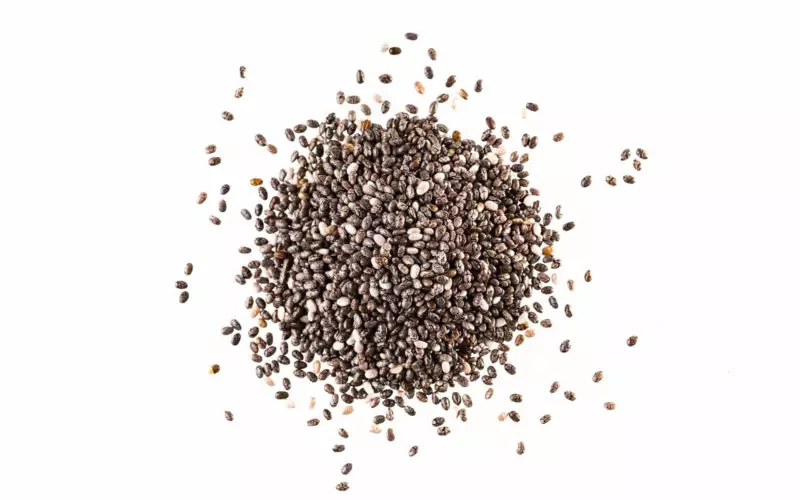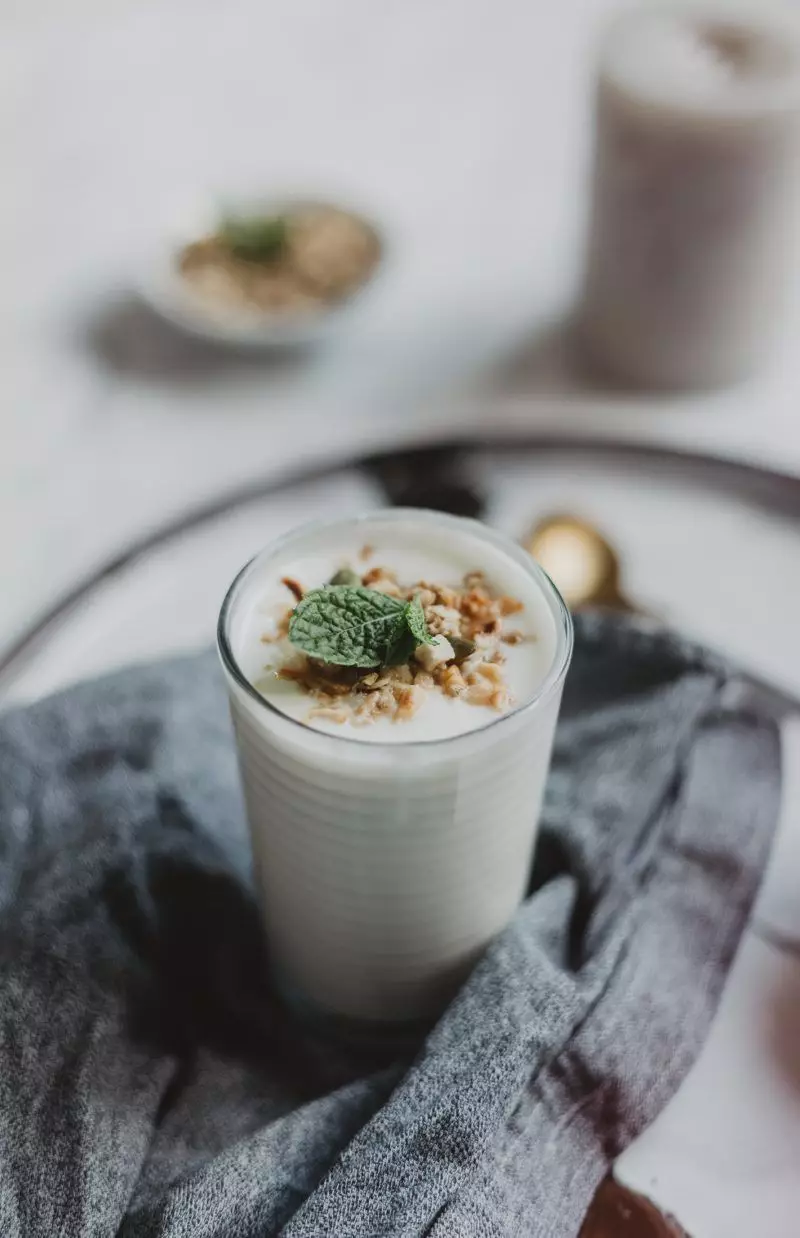
Drinking tea (herbal, regular, or fruit-based) can be a great way to make hydration “more fun” and provide you with additional health benefits (compared to water). In fact, people who drink tea often ingest more liquids during the day, compared to coffee lovers or non-tea drinkers.
However, some research pieces suggest that drinking more than 6 mugs of black, green, and oolong tea can be associated with decreased hydration, due to the caffeine content in the leaves (which is a diuretic.) [1]
For that reason, this article will put the regular tea aside and will delve deeper into the topic of caffeine-free herbal teas and their health-related properties. [2]
The five types of tea that we will look into are budget-friendly, easy to be found in the store, and have the potential to positively influence your health!
Let’s get started!
Chamomile
Chamomile is not only a beautiful and aromatic flower but also a powerful herb that is known to be one of the most ancient medicinal plants. When the chamomile flowers are dried, they can be used for tea, releasing all of their bioactive compounds and essential oils into the hot water.
Many studies have looked into the health effects of chamomile and emphasized the high content of terpenoids and flavonoids in this herb.
Besides, the consumption of this beverage is also associated with improvement of common flu symptoms, oral health, anxiety, insomnia, as well as reduced risks of heart diseases and cancer development. [4]
What is more, the topical application of chamomile tea can act as an anti-inflammatory agent and positively affect eczema symptoms, open wounds, rashes, and sores.
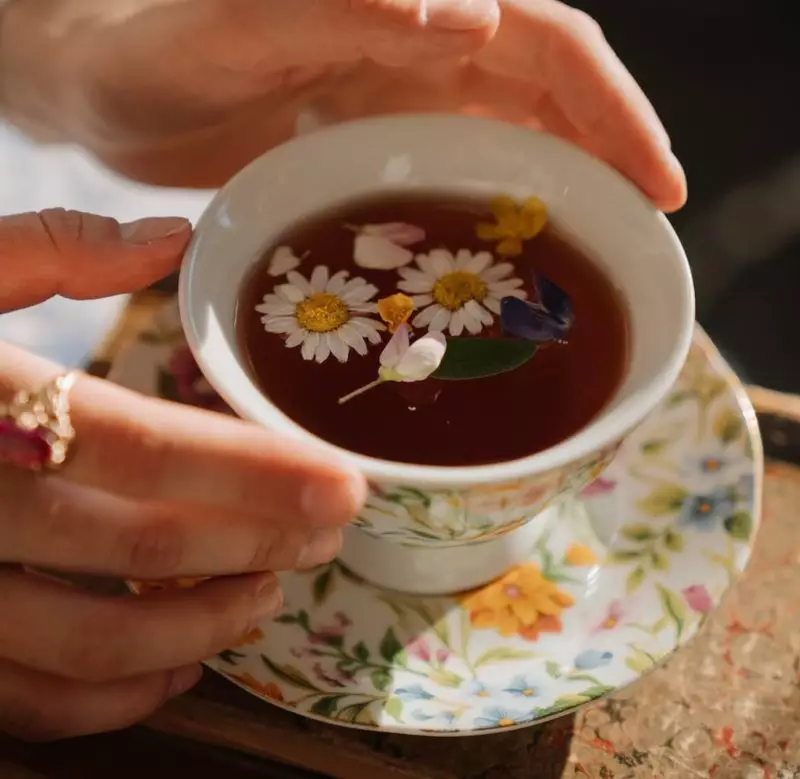
Hibiscus
The consumption of hibiscus tea can be successfully used as part of high blood pressure treatment. In fact, evidence suggests that the blood pressure-lowering effect of this tea can be associated with its high flavonoid (mainly delphinidin-3-sambubioside andcyanidin-3-sambubioside) and phytochemical content. [5]
This way, hibiscus tea can be effectively used to reduce the risk of hypertension-related diseases like heart and chronic kidney disease. It is also high in antioxidants that may protect against free radical damage to cells.
That being said, although hibiscus is a potent diuretic (triggers water excretion), research shows that it is not related to significant decrease in the electrolyte levels in the body, meaning that it supports proper hydration.[6]
Benefit from integrated and personalized approach to nutrition, health, fitness and healing. Check out the schedule for booking online yoga and barre classes, or book a nutrition consultation on Annetteoneillwellness.com!
Peppermint
A 2006 review paper regarding the bioactivity and health benefits of peppermint tea and published in the Journal of Phytotherapy Research, suggests that peppermint is rich in phenolic acids and flavonoids, which can have a therapeutic effect on gastrointestinal or respiratory diseases. [8]
The paper also emphasized the potential of peppermint to act as an antimicrobial and antiviral agent, reducing oxidative stress in the body and protecting the cells from environmental allergens (and reducing symptoms of allergies).
Chamomile and peppermint teas are more mild in taste for someone first exploring herbal teas. Bottom line is to drink an herbal tea you find pleasant tasting, so you habitually incorporate it into your daily routine!
Rooibos
Rooibos is one of the teas with the most powerful antioxidative effect. Due to the high flavonoid content, this beverage is positively associated with increased antioxidant intake, reduced oxidative stress, and improved body cells protection and resilience. [9]
Besides, a 2016 study showed that the intake (or topical application) of rooibos tea can be associated with antimutagenic effects and limited or inhibited tumor growth. [10]
And a 2014 study published in the Molecules Journal suggests that rooibos tea may suppress hypersecretion of cortisol, reduce stress levels, improve insomnia symptoms, relieve anxiety, and lower high blood pressure. [11]
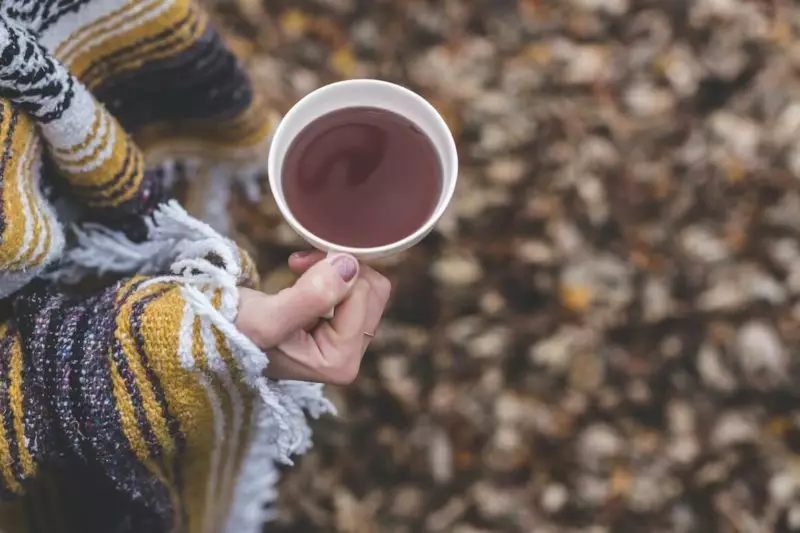
Sage
Apart from the strong antioxidant effects of sage tea, various studies have examined other health properties of this beverage. A 2014 review paper published in the Journal of Traditional and Complementary Medicine suggests that the sage consumption can be effectively used in the treatment and prevention of various health conditions, including [12] :
- Mental health. Including depression, memory loss or dementia, and mood swings.
- Prediabetes, insulin resistance, and lipid profile
- Obesity and obesity-related health conditions: type 2 diabetes, hypertension, heart and chronic kidney disease
- Menopause related symptoms like hot flashes
- Unbalanced cholesterol profile: high levels of total cholesterol, LDL (bad cholesterol), and triglycerides
However, keep in mind that continuous overconsumption of sage tea (more than 15 grams of sage leafs) can result in troubling side effects like vomiting, salivation, tachycardia, vertigo, hot flushes, allergic reactions, tongue swallowing, cyanosis, and even convulsion (in severe toxicity). [13] So, who should avoid drinking excess amounts of sage tea:
- Pregnant and lactating women (some compounds in sage may have toxic effect on the fetus and newborns)
- Diabetes patients (can experience excessively low blood sugar)
- People with hormonal disorders (conditions like endometriosis, ovarian, breast or uterine cancer are worsened by an increase of estrogen levels in the body)
- People with blood pressure issues (it can result in severe increases or dops in blood pressure)
- Seizure patients (thujone is a compound in sage that may trigger seizures in predisposed individuals)
- People with upcoming surgery
*Keep in mind that more research is needed to support the health claims made for sage tea consumption.
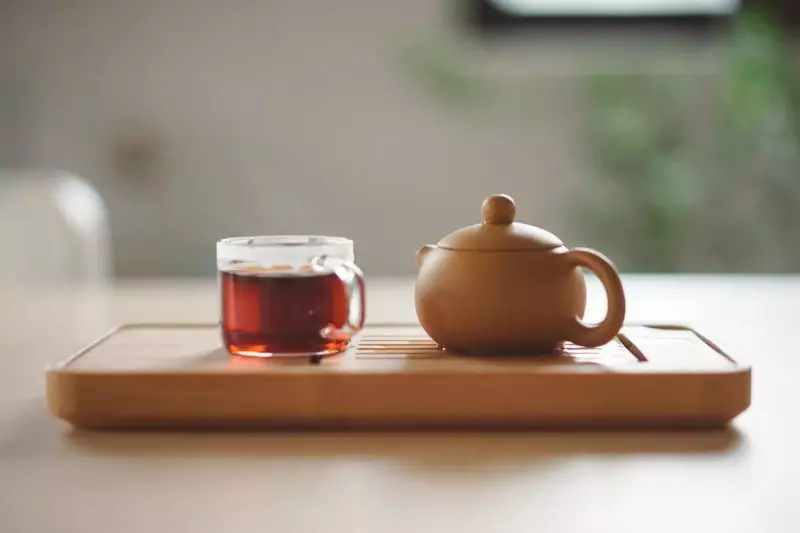
How much herbal tea is too much?
That being said, try to stick to no more than 6 cups of caffeinated tea or 8 cups of herbal tea per day. This way, you can ensure optimal health benefits without experiencing adverse effects.

